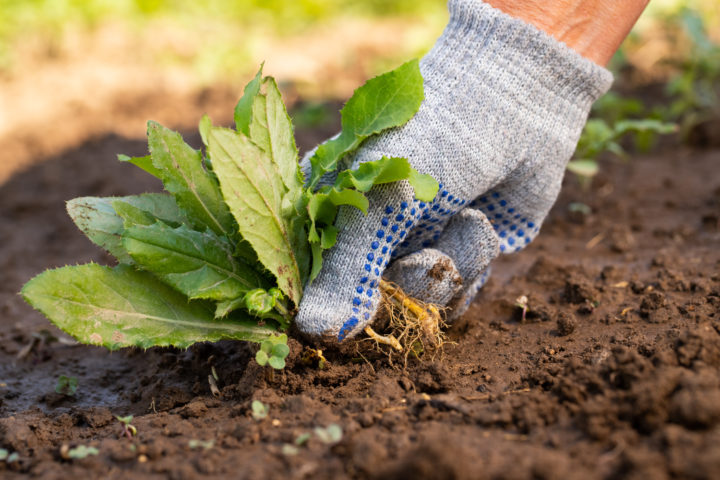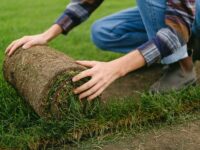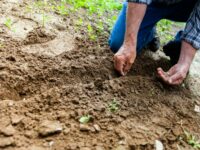The following contribution is from another author.
A weed-free garden may sound impossible to others, but with enough effort and time, it’s possible to at least reduce the growth of weeds in your garden. But first, what are weeds and why should you remove them?
Weeds are generally referred to as unwanted plants in the garden. These plants not only compete with other plants for nutrients, water, and sunlight, but they can also invite diseases and pests.
With that in mind, check out the following ways to reduce the weeding time you spend in your garden:
Get Rid of Weeds the Moment You See Them
One of the most straightforward ways to reduce the growth of weeds is to pull them out as soon as you see them (according to Greenville garden specialists). When they’re still young, many weeds can be easily pulled out using your hand or other garden tools. When they’ve grown bigger and have spread over a large area, you’d want to use a more powerful tool such as this Black and Decker string trimmer to make the chore lighter.
Add Mulch to Your Garden
Using mulch is an effective way to prevent the growth of weeds in your garden. Whether you’re growing herbs, trees, shrubs, flowers, or vegetables, adding a layer of mulch will be beneficial. Mulching works by blocking light that penetrates the soil, which reduces weed seed germination. Add a two to three-inch thick layer of mulch such as shredded bark, straw, rice hulls, or shredded leaves to your soil.
Check New Plants
Sometimes, your newly bought plant can come with weed seeds or roots in its soil. Before adding a new plant into your garden, take time to inspect it. Look at the soil surface or, better yet, check the root ball.
Avoid Empty Spaces in Your Garden
Leaving empty spaces in the garden is like inviting weeds to grow. You can either add mulch to a bare part of your garden or add plants to these spaces. In gardens where plants are spaced to enable growth, you can add bark mulch or another material.
Another technique to use is interplanting, which involves planting more than a type of crop in a space. One idea is to plant slow growing crops with fast growing ones. This way, when the slow growing plants already need the space, the fast-growing ones would have already been harvested.
If you have a vegetable garden, another way to do this technique is to plant your vegetables intensively or make it lush. This means transplanting or seeding the crops close to one another. You need to check seed packets to learn about the recommended planting distances. You want your plants to grow with healthy root systems, so they can choke out weeds.
Plant Cover Crops
Cover crops are another way to limit weed growth while building healthy soil. If you have a new garden bed and want to reduce weed growth, plant a dense cover crop such as buckwheat. Such crop is also an excellent soil builder when dug into the soil.
Plant in Containers or Raised Beds
It’s best to make smaller garden beds where you can tend to your plants without having to walk on the soil. Walking can make the soil compacted, which means the soil gets fewer air pockets that won’t allow water to move across it easily. When this happens, the only plants that can thrive in this condition are weeds. Planting in containers or raised garden beds eliminates soil compaction, which encourages healthy plant growth while restricting weed growth.
Final Thoughts
A few unwanted plants here and there in your garden may not be a problem, but if they become invasive, they soon pose a threat to your other greens. Although some people choose to deal with weeds chemically, many weeds develop a resistance to these herbicides. Choosing to tackle weeds using the given techniques above will ensure that you keep them under control in your garden.
















